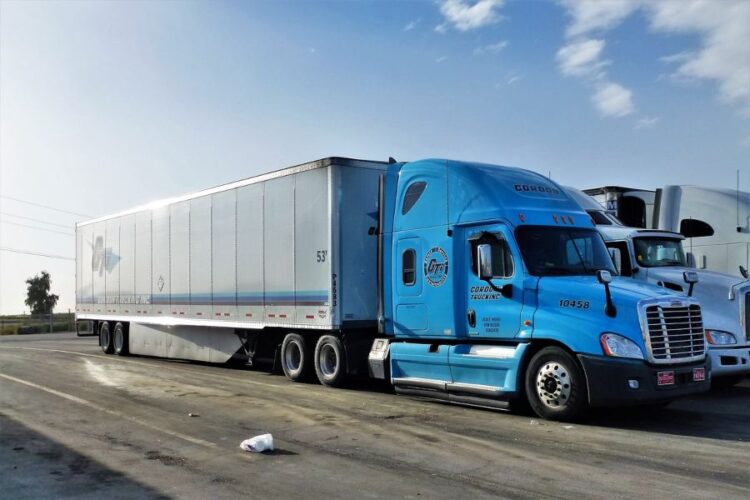Truck accidents often result in serious consequences, including severe injuries, significant property damage, and complex legal issues. Determining fault in these cases can be challenging due to the various parties and factors involved. Successfully proving fault requires a detailed analysis of the circumstances and adherence to legal standards, helping victims pursue rightful compensation and accountability.
Examining the Role of Negligence
Negligence is a key component in determining fault in truck accidents. It involves demonstrating that a person or entity acted without reasonable care, directly causing the incident. Truck drivers may be negligent if they speed, drive while distracted, operate under the influence, or violate trucking regulations. For example, failing to adhere to hours-of-service rules may indicate that a driver was fatigued, increasing the likelihood of a crash.
Legal support is often invaluable in such cases. Hiring professionals, such as Chicago Truck Wreck Lawyers, or collecting evidence like electronic logging device records, can strengthen claims of negligence. These professionals can help connect negligence to the accident and establish fault.
Assessing Evidence at the Scene
Evidence from the accident scene often forms the foundation of a fault claim. Police reports, photos of the crash site, and eyewitness accounts provide critical details that help reconstruct the events leading to the collision. These pieces of evidence can point to violations, such as running a red light or tailgating, which contributed to the accident.
Truck-specific evidence, such as black box data and maintenance records, is also important. Black boxes can show speed, braking patterns, and other driver actions before the crash, while maintenance logs reveal whether the truck was in proper working condition. Both types of evidence can clarify the roles of the driver, trucking company, or other parties in the accident.
Evaluating Mechanical Failures
Mechanical failures, such as brake malfunctions or tire blowouts, are common causes of truck accidents. These failures may stem from poor maintenance practices by the trucking company or defects in the vehicle itself. Investigating the truck’s condition and repair history can reveal negligence by the trucking company or its maintenance provider.
In some cases, liability may extend to manufacturers if a defective part caused the failure. For instance, a recall or design flaw could implicate the manufacturer in contributing to the accident. A thorough investigation of the truck and its components is essential to identify all liable parties and ensure accountability.
Considering the Role of Third Parties
Truck accidents frequently involve multiple parties beyond just the driver. These may include the trucking company, contractors, cargo loaders, or even the entity responsible for maintaining the roadway. Each of these parties may bear responsibility depending on the circumstances.
For example, improper cargo loading can cause weight shifts during transport, leading to a loss of control. Similarly, trucking companies may encourage unsafe practices, such as pressuring drivers to meet tight delivery schedules, resulting in risky driving behaviors. Identifying the negligence of any third parties helps build a strong case and ensures fair compensation for the victims.
Proving fault in a truck accident involves examining negligence, collecting evidence, evaluating mechanical issues, and identifying all liable parties. Each step contributes to understanding the factors that led to the collision and holding those at fault accountable. Partnering with experienced legal professionals ensures that all aspects of the case are addressed, providing the best opportunity for justice and financial recovery.










